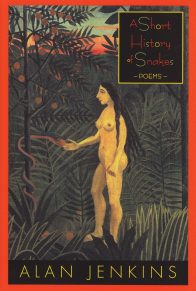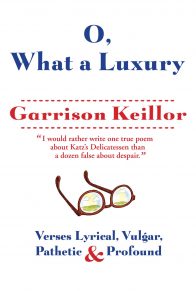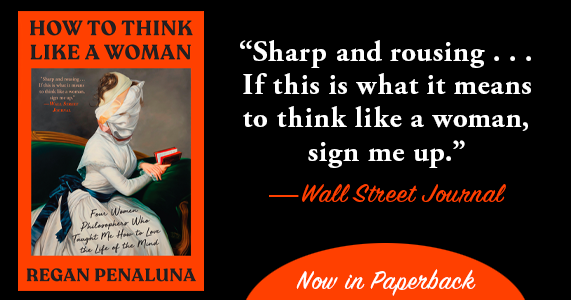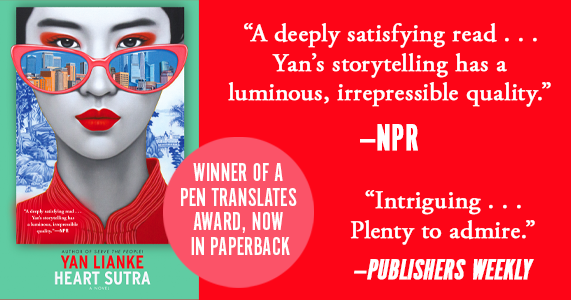The end of the century overstimulates itself to such an extent that clouds wamble off
at half-mast
only to reappear in white ties and tails to be the life of the party on the dizzy horizon
past midnight.
And there are others in a tipsy mode despite the fact that nature is out back polishing
the gangplank.
Even if we could find the home number of someone with a reputation for navigation
in such waters
we’d be destined to get a busy signal or voice mail or at the very best get put on hold
forever.
Too bad we aren’t on board with someone at the tiller who barks steady as she goes
and means it,
but by the time another day’s sun slumps under the yardarm our situation continues
its listin
g.
Maybe we should consider abandoning ship except that the majority of the lifeboats
are snoring,
even though the mainsail makes an infernal luffing and somewhere a halyard pulley
whacks metal.
Maybe we should consider why the gulls that followed the boat from the beginning
aren’t circling.
COUNTING DOWN
It was as though the very day itself were wearing a see-through blouse weeks before
a mastectomy,
something in the air wanting desperately to draw attention to itself if only to assuage
awkwardness
by forcing itself to face up to the fact that nature’s penchant for symmetry could not
continue,
but nobody stopped watching the electric numbers blinking above the double doors
floor by floor,
nobody dared utter a word in the silence that seemed related to the indistinct lighting
on the ceiling,
not because there was something sacred about the way they were drifting earthward
from on high,
where if they wanted they could have had a panoramic view of a city of late stricken
with a fever,
where they could have waited until gradually darkness itself filtered into the evening
like disease
simultaneously working its way toward the surface as well as the center of the body
close to death,
but because they were so uncertain of what would become of them they had nothing
right to say.
Summer Reading
Everyone has the same books.
The problem is the ideas have packed up
and fled to Connecticut for the weekend,
meaning that there’s a torpor in the air.
The awnings must be aware of it
the way they hang limply over the fruit,
the taxis too with broad yellow hoods
cracked slightly open as if gasping for air.
You get the idea that if it were, say, fall,
the pay phone on the corner might ring
at just the moment when you pass by,
but there’s been a run on little miracles,
nobody knows when the next order’s due.
Encouraging signs are only momentary:
the white cotton bedsheet hung out to dry
on a line stretching between two fire escapes
billows as if it were the wind-filled spinnaker
of a famous ship at sea until reality settles in,
the laundry resuming its habit of drying out.
Meanwhile, the real wind is persistent
as it raffles the dust jacket of a great epic
resting on the sand by the plastic cooler
while someone grown bored with the plot
walks to the lighthouse and back, or wades in.
Late Victorian
The early days subscribed to us,
first warming to our blandishments,
but we, having practiced praise
in front of mirrors facing mirrors
and knowing how to give as well as
to take no for an answer, retreated.
It’s not as if we backed out
of the parlor like a damaged widower
looking mournfully at the baby grand
now forever silent in the alcove,
it’s not as if we took one last look
at the sober portrait above the mantel.
Of course, we never left the premises,
only moved to a room with less finery,
where, had we wanted, we could have sat
and looked out of a dormer and wondered
what we had done to let the starch
run out of the landscape.
…
Maybe we never had the stomach
for the brocade world we created
or, rather, had made in the Far East
and shipped halfway round the world,
so that even on the sunniest of summer days
we could keep out the light,
though light was what we were,
at least on the surface, always rising
to the occasion like an infinity
of miniature champagne bubbles in a flute,
while in our hearts what we wanted to do
was hurl the glass into the fire.
Terminal
How much longer can time go on twiddling its thumbs as it sits in the waiting room
of a bus depot
not far from the terminal lunch counter where two cascades of grape punch splash
in perpetuity,
while the hot dogs turn clockwise, some blistered and charred, some just beginning
to sweat,
by coincidence on the busiest night of the year because every so often it wants to be
with strangers
all bundled up and laden down with shopping bags of boxes wrapped and ribboned
for family,
until one by one, or often in groups of two or three under the bare light, they shuffle
out of sight
only to be replaced by more travelers, who stare in anticipation at the ceiling speaker
for a voice
grown so familiar with the notion of hours and minutes it is now completely devoid
of tone
to bark out arrivals and departures long into the night until at some point everybody
is en route,
be it a twenty-minute ride to relatives on the outskirts of the city or a five-day mecca
back home.
Excerpt
Montaigne
I hate bow ties. Allow me to digress.
Remember that leafy aphorisms
sometimes grow out of idle burbling
and look different when they’re not in season.
What Horace calls “bumptious candor” exists
in each crop of an essayist’s half-truths.
Imagine me standing in the mirror,
an airplane’s idle prop around my neck.
What color should mine be? A red clip-on?
Something to divert the crowd from my eyes
might come in handy when I contradict
myself. Clothing is vocabulary;
the body is nothing more than grammar.
I would wear anything, even breeches.















